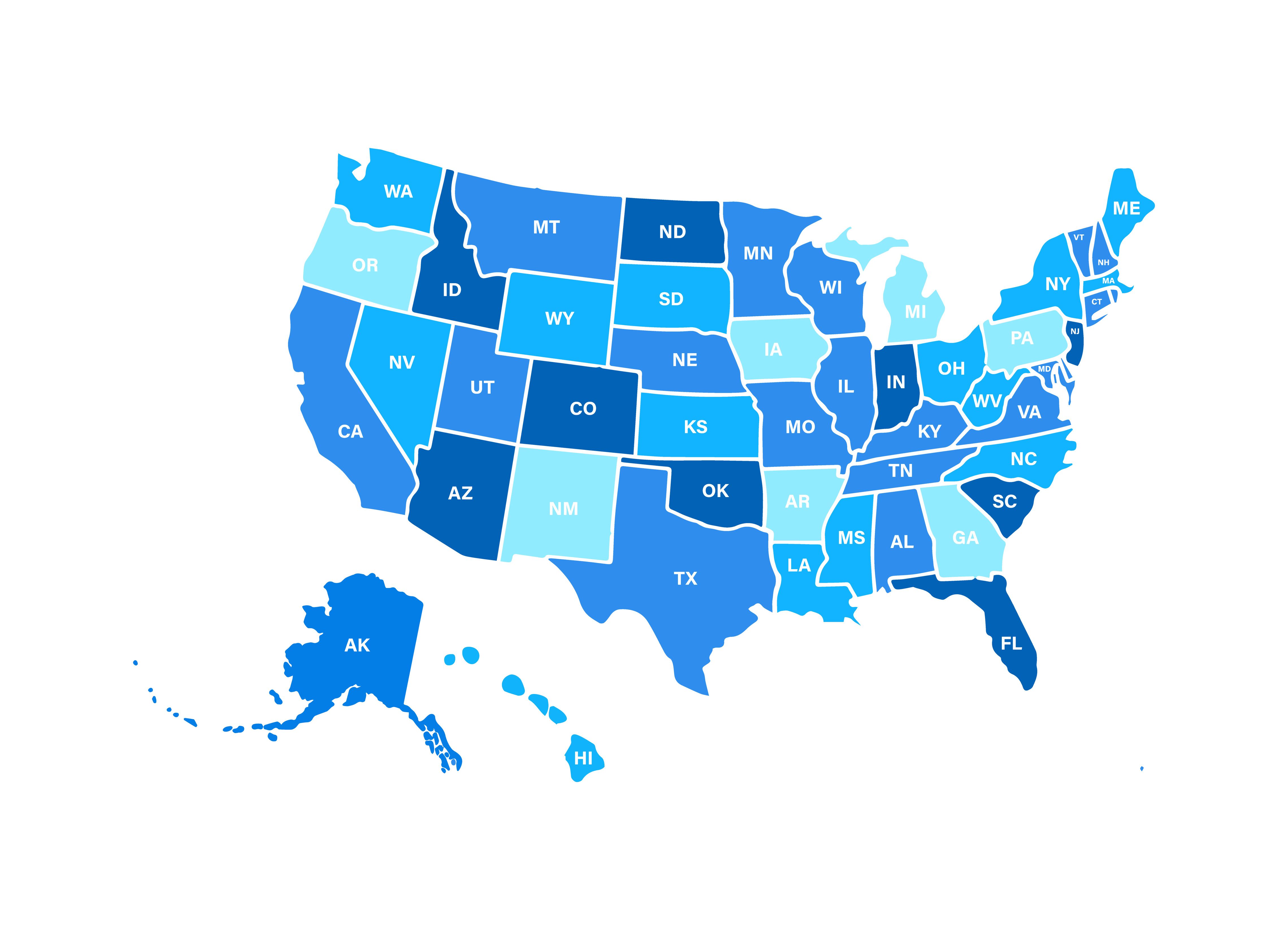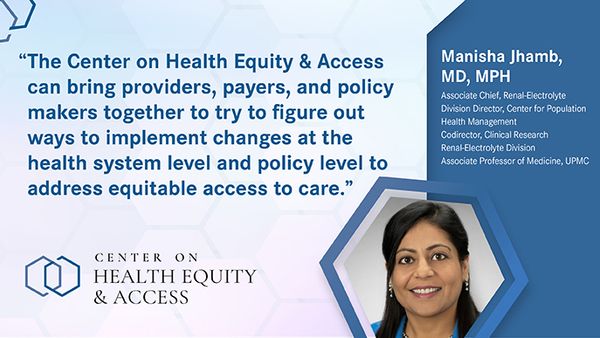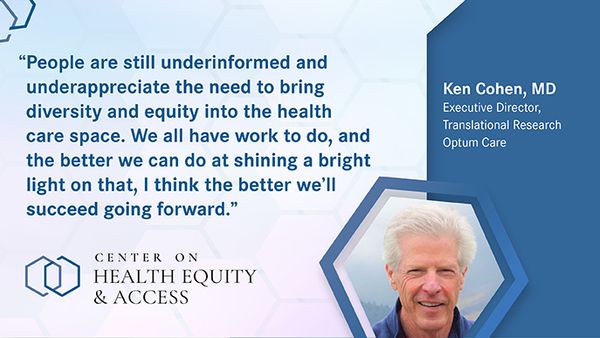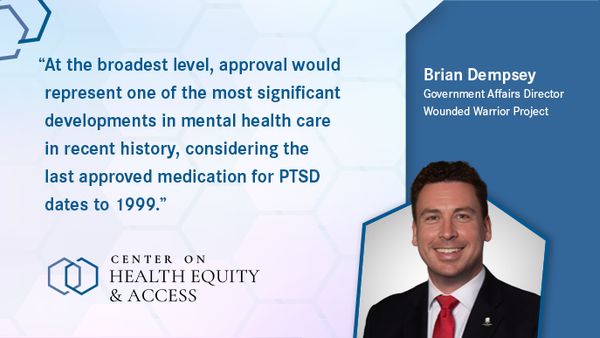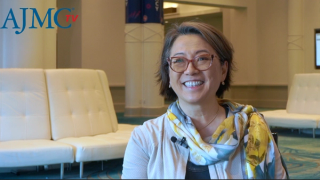
Center on Health Equity & Access
Latest News
Latest Videos

More News

Explore how health equity initiatives aim to improve health care access and reduce disparities in mental health and opioid treatment.

Access to and affordability of immune checkpoint inhibitors, which can be lifesaving if patients receive them on time and under optimal circumstances, continue to top the list of reasons behind outcomes disparities for patients who have private insurance vs those who remain uninsured.

Precision oncology has entered a new phase, as data sets mature and a new wave of tools emerges to help clinicians manage cancer care over time.

Falls can often lead to reduced mobility or long-term disability in adults 65 and older, but there are strategies beyond exercise that can help these patients stay independent longer.

The market for artificial sweeteners has been projected to increase by almost 75% from 2025 through 2033, or from $3.11 billion to $5.44 billion.

There are significant racial disparities in outpatient referrals for opioid use disorder treatment, highlighting urgent need for targeted interventions in emergency care, according to a recent study.

Explore how the Collaborative Care Model enhances mental health access in this episode featuring Anna Bobb, MPH, executive director of the Path Forward coalition.
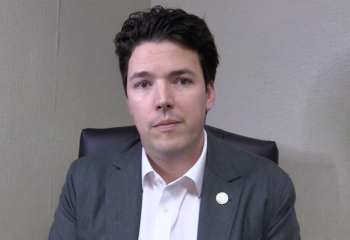
Nicolas Ferreyros, managing director, Community Oncology Alliance, discusses key components of health equity and social determinants of health that need to be addressed in cancer care.

Maridebart cafraglutide showed promising results in weight loss, offering a monthly treatment option for obesity with significant health benefits.

The recent increase in prolonged emergency department (ED) stays and boarding times for older adults reveals systemic challenges in US hospital care.

The FDA has removed Risk Evaluation and Mitigation Strategies (REMS) for approved chimeric antigen receptor (CAR) T-cell therapies for hematologic malignancies, aiming to ease provider burden and expand patient access.

From the impact of rising grocery prices to disparities in myeloma outcomes, check out news from the Center on Health Equity & Access this past week.

Researchers called for standardized health outcome descriptors to help bridge communication gaps in rheumatology care and improve shared decision-making.

Disparities in multiple myeloma outcomes and the need for equitable care were the focus of 2 posters presented at the 2025 American Society of Clinical Oncology annual meeting.

CK Wang, MD, chief medical officer of COTA, discusses how real-world data help identify disparities and gaps in cancer care.

As Obergefell v Hodges turns 10 years, LGBTQ+ rights face renewed threats amid political shifts, impacting health care equity and access.

On-body delivery systems for subcutaneous isatuximab could enable patient self-administration, according to Xavier Leleu, MD, PhD, improving convenience and transforming treatment for relapsed/refractory multiple myeloma.
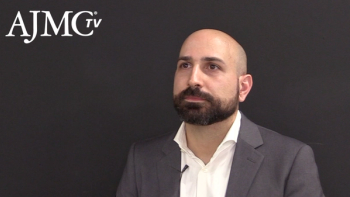
Patients with relapsed/refractory myeloma from lower socioeconomic groups face worse quality of life, even in countries with universal health care, according to Francesco Sparano, MSc, of the Italian-based GIMEMA Foundation.

Data from 2019 to 2023 show 9.2% of adults with obesity reported cost-related medication adherence.

Several evidence-based health literacy resources may be beneficial in health plan settings to improve organizational health literacy, personal health literacy, and health equity.

The elimination of the program addressing LGBTQ+ individuals on the national suicide hotline makes reaching specialized help harder, says Hannah Wesolowski of the National Alliance on Mental Illness.

Rising grocery prices are forcing most Americans to shift toward ultraprocessed foods, leading to increased health risks and exacerbating existing disparities, particularly among underserved communities.

Lorna Warwick, CEO of the Lymphoma Coalition, highlights findings underscoring the vital role of clinician communication in managing adverse effects and supporting patient confidence in lymphoma and chronic lymphocytic leukemia (CLL) care.

From widening racial health disparities and abortion care restrictions to coverage losses, leadership gaps in addressing social needs, and worsening workforce shortages, the urgent need to improve health equity is underscored in the US.

This research highlights the key factors, like leadership buy-in, mandatory protocols, and electronic health record workflows, that influence the effective collection of data on sexual orientation and gender identity in outpatient oncology clinics to improve patient-centered care.
